‘Patience wins!’: A British businessman’s take on Russia after 30 years in the country
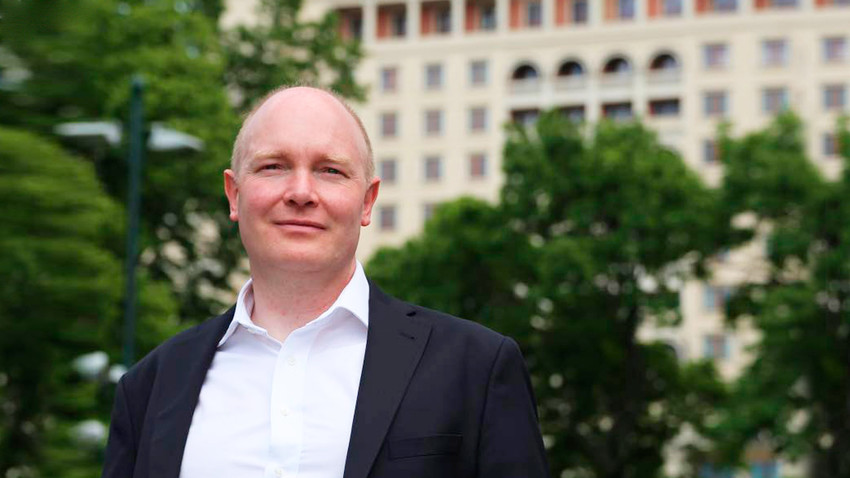
Guy Eames
Personal ArchiveEven though my childhood fell on the Cold war days, I always wanted to come to Russia and get to know normal people. Yet it was only in 1989 when I first came here. In a Hungarian summer camp in 1987, I made a few friends from the Soviet delegation and they invited me to come over to Leningrad and Moscow. I still remember getting off the plane in Sheremetyevo and seeing the strange cars covered in snow. I had a great time in those two fascinating cities and it opened a whole new world for me.
I was the only person at school to study Russian. In
Having studied European Business Administration I was offered a business development job in Moscow by TNT Express – the courier company. It was in
Then I worked in the timber industry in Irkutsk for a year (a whole different mentality and ridiculously cold) and was later offered the dream job as commercial director at Delta Telecom, Russia’s first mobile operator (now Skylink). We had around 3,000 subscribers, the majority of which were either gangsters or government officials. Everybody back then told us that the market was full and everybody who could buy a phone already has one
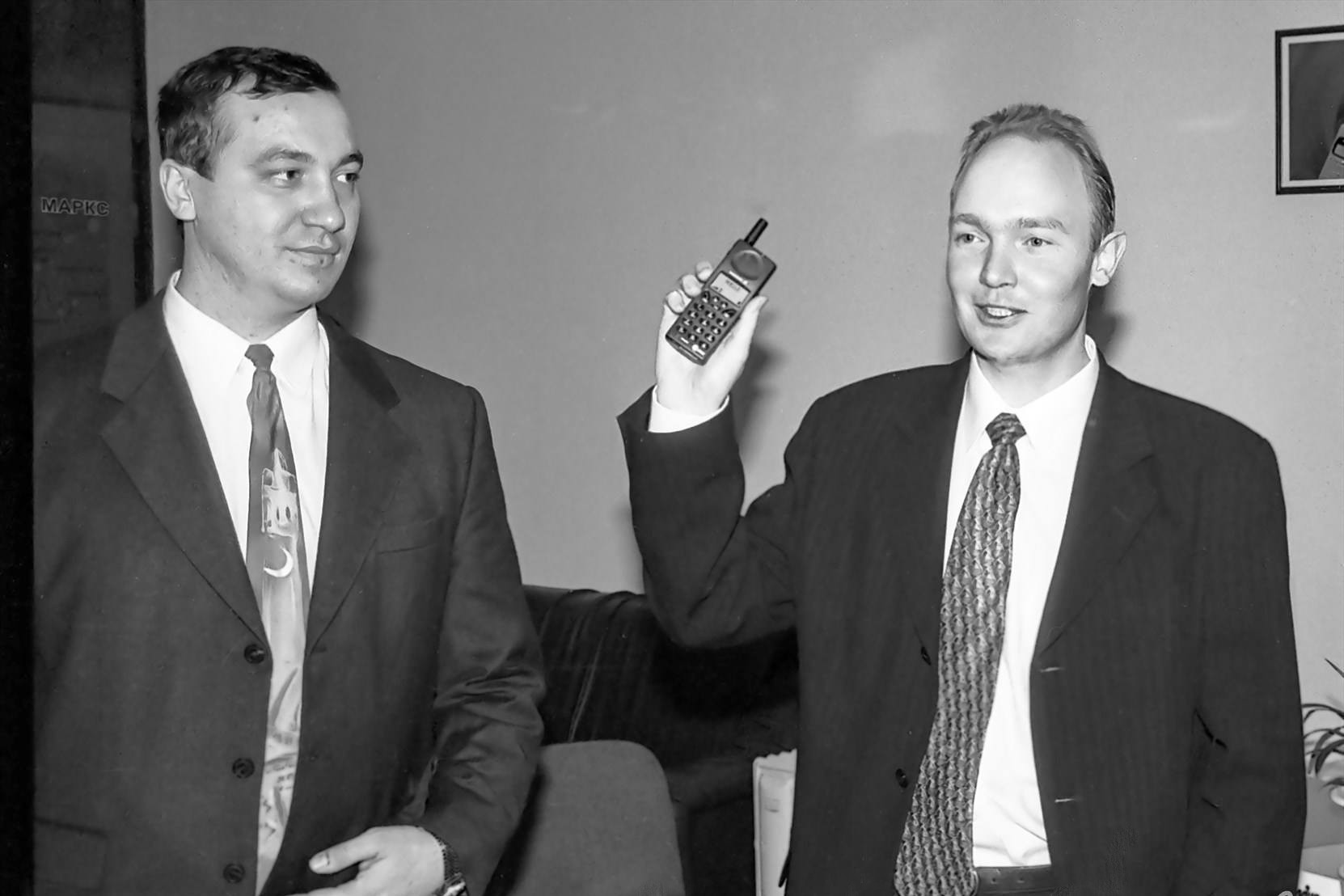
Saratov, 1999
Personal archiveWe had our share of dealing with gangsters too. I worked in Saratov for some time and we got into a big fight with a local criminal group. Me and my colleague, a Dutch-Russian guy, were carrying out an internal audit to find out whether anyone was breaking into our billing system and making free calls, and it turned out that someone didn’t like that. That evening two guys with metal pipes were waiting for us outside our office. I managed to get away but my colleague had two arms broken and flew to Holland the next day saying he wouldn’t be coming back. I decided to stay and for a few months
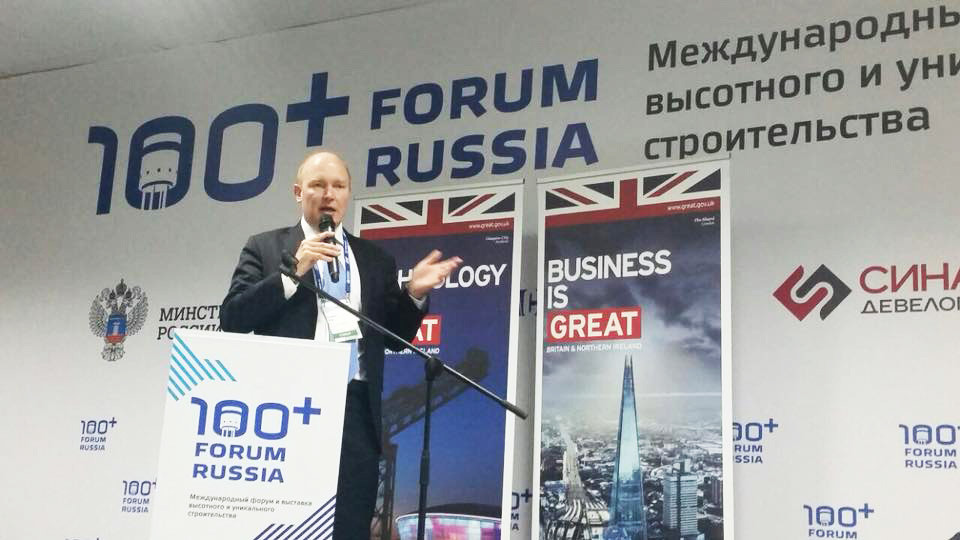
One of the things that I learned from dealing with Russians is not to show-off and be arrogant. Once, in Nizhny Novgorod, I met with the head of the local Electrozvyaz company and had a list of 25 different marketing actions. I said: “Look Nikolay, I’m a stupid foreigner and am paid by my company to give you these recommendations. I suggest you just take this list, wait for me to leave, throw it away, and continue living your life as normal." Two years later, when we met again, it turned out Nikolay hadn’t only kept that sheet of paper but had ticked off 23 points and was working on implementing the remaining two. Imagine my surprise!
By 2005 I’d risen right to the top of the Russian telecom industry but then I became disappointed by the way it focused on finding ways to rip people off. So I left Russia and went to study sustainable development and climate change. In 2009 I was drawn back to Russia (it’s like a drug!) and was offered to lead the Green Building Council, to promote green building ideas and form a community – uniting interested companies under its umbrella. There were a few international and Russian developers who were looking for a person with both English and Russian skills,
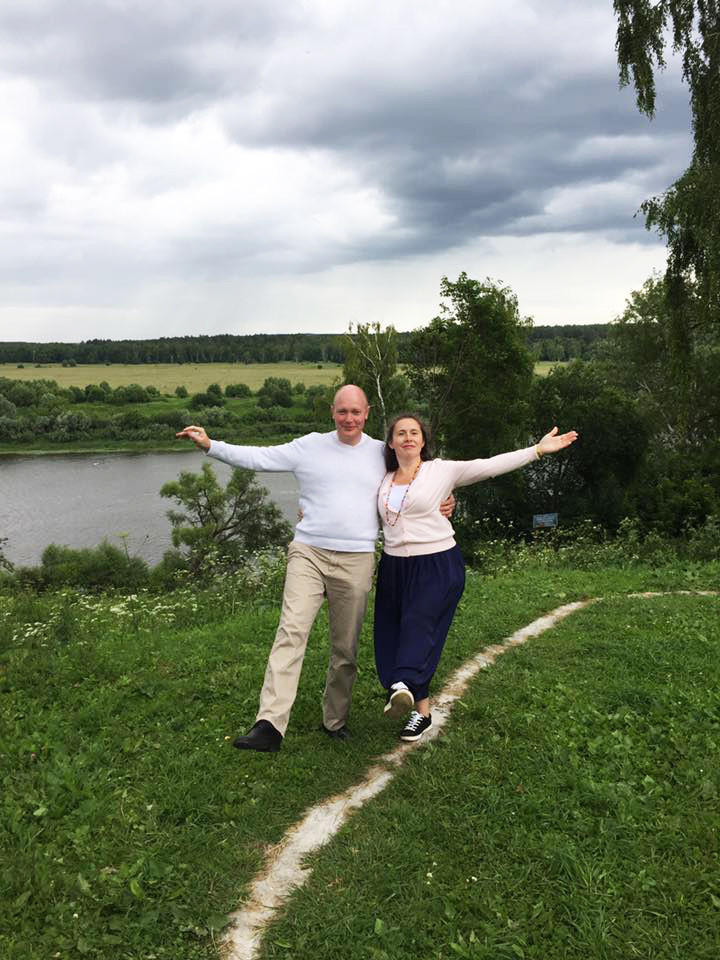
Having lived through the last three decades of Russia’s history, I’ve witnessed the long courtship between Russia and the West. After 1991, former foes were trying to learn more about each other and Russia was eager to take in all things from across the border – films, music, consumer goods, etc. Now Russians start to think more about what it means to be Russian and what their place in the world should be now. They are pushing back on certain Western influence and I think it’s a natural process
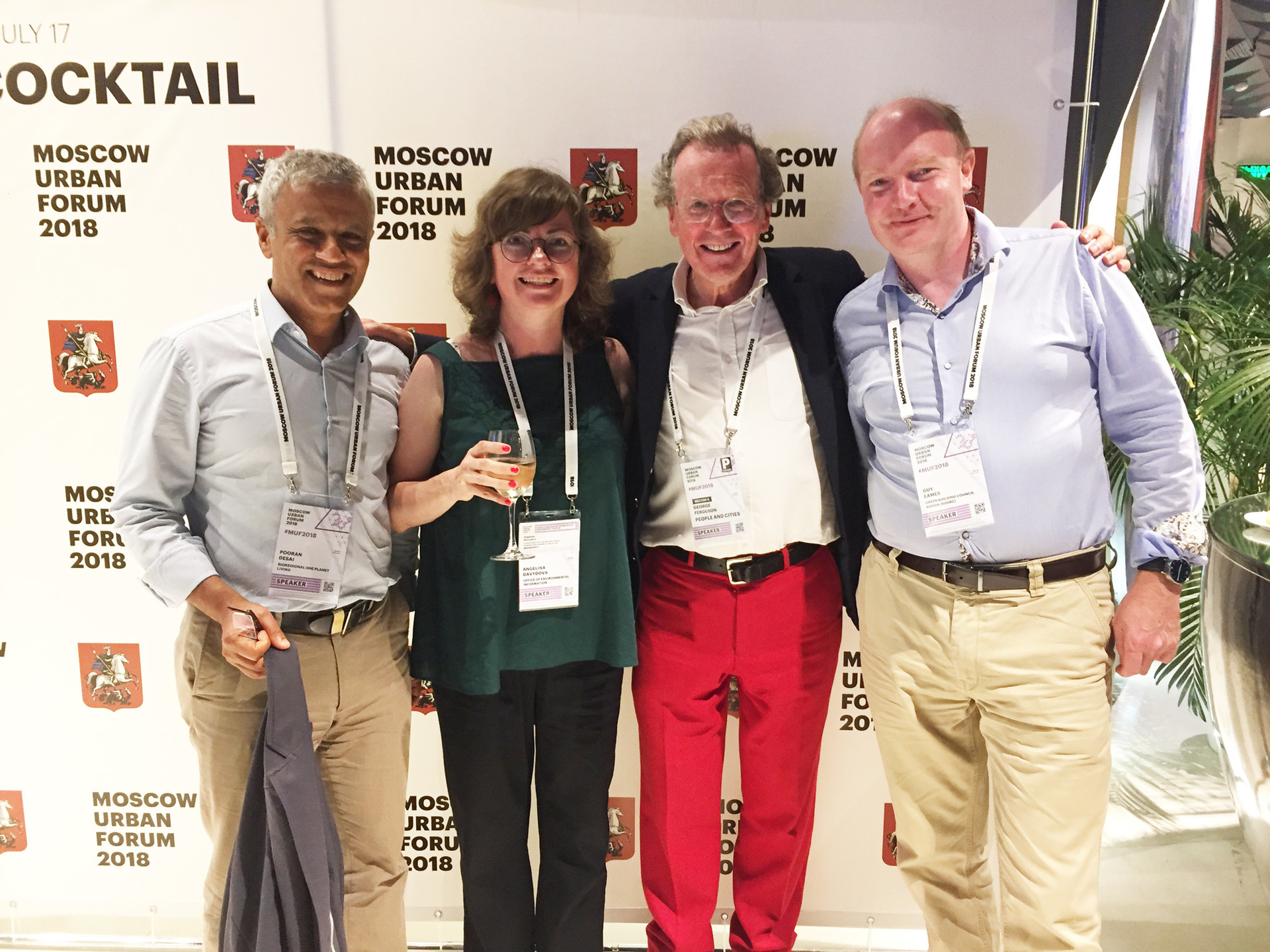
This story is a part of Russia Beyond’s new series of articles about foreign professionals working and doing business in Russia. Do know anyone who might have something to say, or
If using any of Russia Beyond's content, partly or in full, always provide an active hyperlink to the original material.
Subscribe
to our newsletter!
Get the week's best stories straight to your inbox